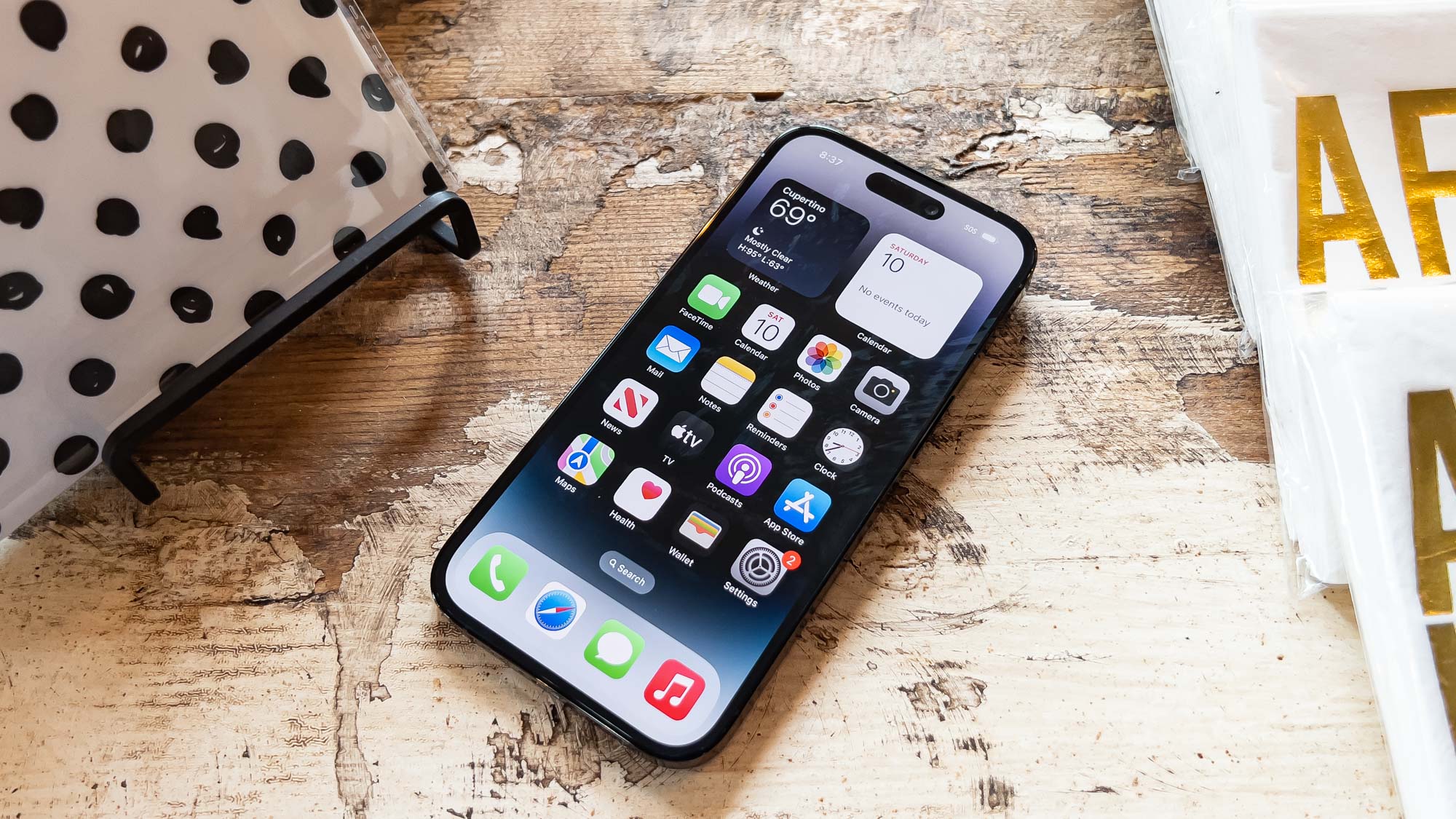
With Apple likely to adopt USB-C for the iPhone 15 this fall, the regulatory body that forced the move is now turning its attention to the batteries that power smartphones. But don't expect an immediate impact on handsets like the iPhone or the best Android phones.
The European Parliament just approved new rules governing all types of batteries sold in EU countries, including the power packs in portable devices such as laptops and phones. That specific part of the legislation requires device makers to make the batteries inside those products easier to replace.
Specifically, the text of the legislation says that "a portable battery should be considered to be removable by the end-user when it can be removed with the use of commercially available tools." In other words, the EU rules would require batteries to be easy enough for consumers to swap out themselves.
This isn't new legislation — reports about the European Parliament's efforts to adopt more eco-friendly battery standards emerged last December, and the initial proposal to cut down on battery waste dates back to 2020. But EU regulations are garnering extra attention in the wake of the regulatory body's requirement that smartphones adopt a universal charging standard.
First USB-C, now replaceable batteries
Apple launched a self-service repair program last fall that gives iPhone users the tools and parts to replace their own batteries, but a battery bundle for the iPhone 13 costs $91.
That ruling was adopted last fall, and it essentially required Apple to drop its proprietary Lightning charging interface in favor of the more widely used USB-C standard. That's apparently happening with this fall's iPhone 15 models, as Apple reportedly decided to make the change ahead of the required 2024 adoption date.
The battery rules are far more sweeping and could effect phone makers beyond just Apple. Depending on how the EU's regulations are interpreted, phone makers could have to come up with new designs that make their batteries more accessible. And that has implications for things like durability and water resistance.
Of course, some phone makers might argue that they're already in compliance with the proposed rules on replaceable batteries. For example. Apple launched a self-service repair program last fall that gives iPhone users the tools and parts to repair their handsets — that includes the battery inside of the phone. The service costs money — a battery bundle for the iPhone 13 will set you back $91, for example — but that would seemingly meet the definition of "commercially available."
When could this happen?
It could be some time before the rubber hits the road on the EU's battery standards at any rate. With the parliamentary vote complete, the European Council still has to formally endorse the text. And there's apparently a 3.5-year deadline for companies to comply with the rules. In its report, 9to5Mac says that means the rules wouldn't go into effect until 2027 at the earliest — just in time to potentially impact the iPhone 19, or whatever it is Apple calls its phones by then.
The European Parliament's battery initiative touches on a lot of different products such as electric vehicles and pushes for new sustainability, performance and waste collection requirements. But the aspects that impact phone batteries should remain on your radar, as it could mean big changes for some mobile devices further down the road.







